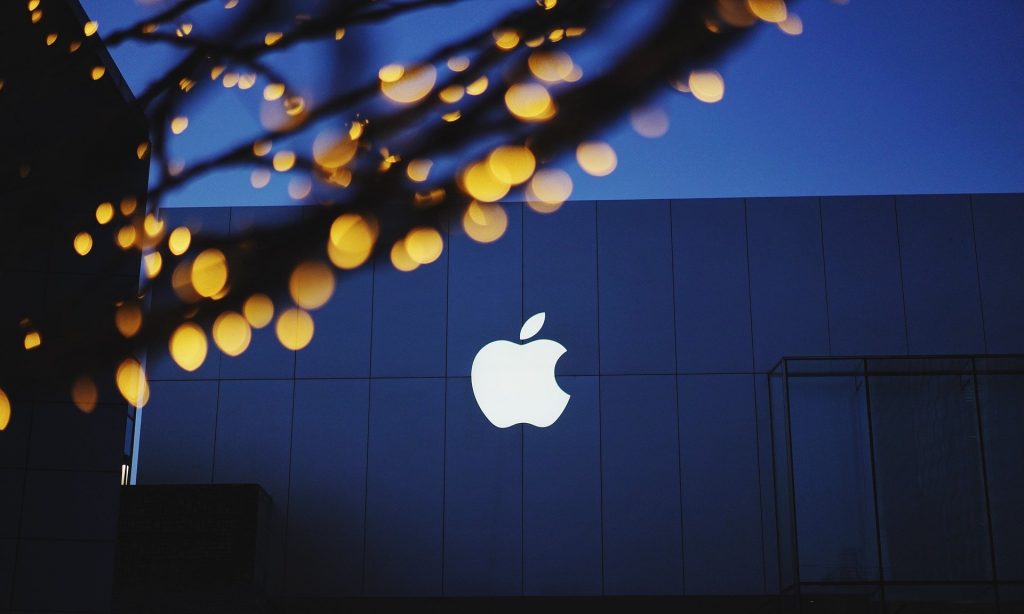India and China have been engaging in a war of words for a while now. The border skirmish that took place in July has led to several disputes and talks which have not led to much. The world also seems to be having a tough time with China due to its handling of the COVID-19 pandemic. This has led to an escalation of problems around the world, leading to trade embargos of various kinds. In recent news, India’s stringent quality checks and clearances regarding Chinese goods have led to import troubles for various brands. Here’s a quick look at what impact the control measures will have on the electronics industry.
How Import hurdles affect Apple
The import of goods such as the new iPhone model and several devices by Xiaomi has been delayed due to India’s more stringent quality checks. All electronic goods coming from China now require tight quality clearances, leading to delays in procurement and order fulfillment. Since the release of the new iPhone model early last month, the demand for the phone has been rising in the country. However, industry sources claim that the need for better quality measures has led to a significant slow-down in the import of such goods. In the past, the Bureau of Indian Standards took around 15 days to process such imports. However, recently the same process has been taking up to two months.
Other Moves
The BIS began to delay the quality checks and reports sometime in August, shortly after the border incident. The delays in quality checks mostly had an impact on the shipping of laptops, smartphones, and smartwatches. Experts believe that this was a direct repercussion of India’s deteriorating ties with China. Since the border skirmish, India has made the rules regarding foreign investment a lot more stringent. While this has made it more difficult for Chinese companies in India, the government has also been pushing for other reforms. Recently, the Indian government banned hundreds of Chinese applications, including some by ByteDance, Alibaba, and Tencent. All three are some of the biggest tech giants in the world, worth billions of US Dollars, and the government banned an additional 43 apps on Tuesday.
Moves from the Electronics Sector
Since these measures have led to a bottleneck in the procurement of the new Apple models, executives from Apple India have begun negotiations. Top executives from the company are talking to BIS to get them to speed up the process of approval. The executives are also providing assurances that the company will shortly set up manufacturing plants in India for local production and assembly. While it remains unclear just how long the delay will extend, both parties refused to comment when asked what their opinion was on the matter.

While Apple does have assembly stations in India, newer models, like the iPhone 12, come from China. India has been pushing heavily to set up establishments in India and make the production a local affair. Contract manufacturers in China make a bulk of Apple’s devices which are then shipped to all four corners of the world. As of yesterday, the BIS had over 1080 pending applications for tablets, laptops, and other devices. A staggering 669 of those have been delayed for over 20 days as per reports from the agency’s website. These included several units built in Chinese factories of Wistron and Compal Electronics and Hangzhou Hikvision. Some of these applications have been pending since way back in September, leading to supply chain delays and hiccups.
Boycott Calls
Both nationalist groups and Indian manufacturers have been calling for a complete ban on imported Chinese goods in recent months. On a similar line, Prime Minister Modi has also been heavily pushing an agenda that supports local production and self-reliance. Experts believe that the Ministry of Electronics and IT are pushing Indian manufacturers to produce more goods locally. As per BIS regulations, various electronic devices need to meet specific predefined standards. While the clearance delays do cause problems for large tech giants, it allows Indians to source more locally.
With the festive season coming up, the delays regarding clearance will lead to huge problems for several companies. Since the government restricted the importing of TVs in July, this is another segment that has been affected by recent events. Such moves will have a detrimental impact on brands such as Samsung and Xiaomi. This might be a crucial moment for India as it tries to improve and increase its domestic production. We will have to wait and see if the delays hurt the electronics sector or give it an impetus to start producing more locally. The latter will lead to the availability of more products while also providing employment opportunities to millions.

Being a cinephile with a love for all things outdoorsy, Athulya never misses a chance to chase inspiring stories or poke fun at things, even when the subject is herself. Currently pursuing a degree in mechanical engineering, she is someone innately interested in technical and scientific research. Music reviews and op-eds define her as they allow her to explore different perspectives. Though sometimes she thinks she makes more sense playing the guitar than she does while writing.